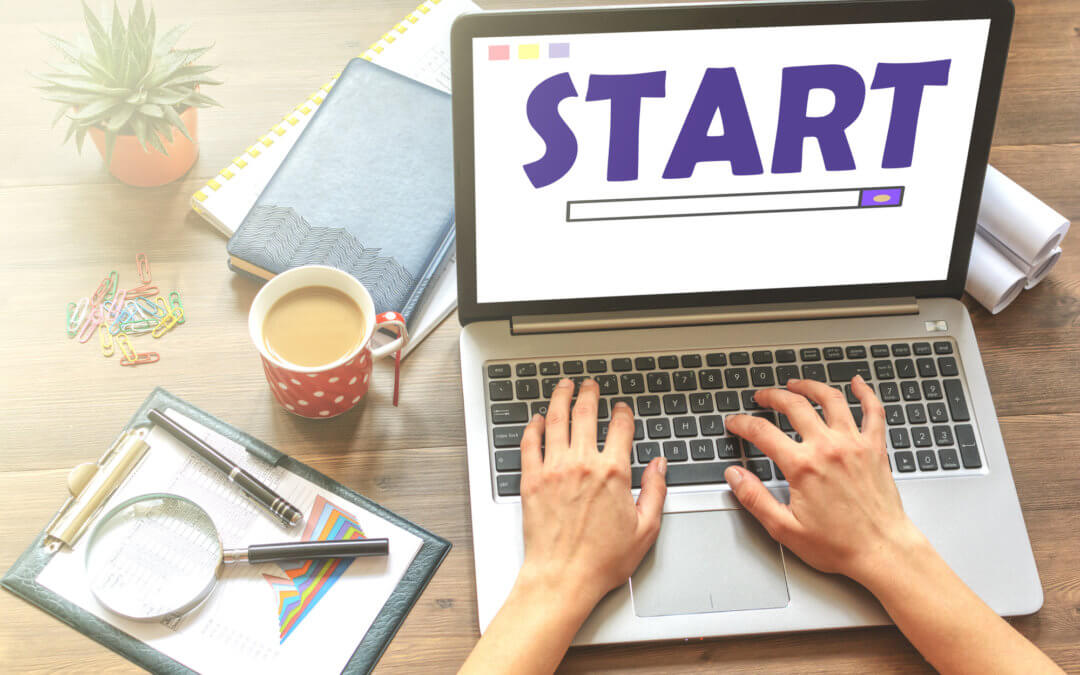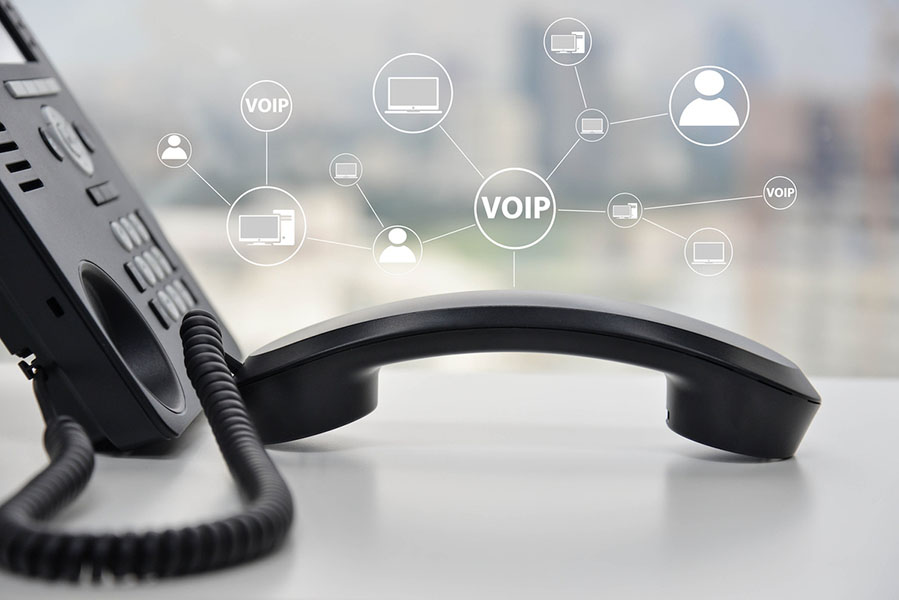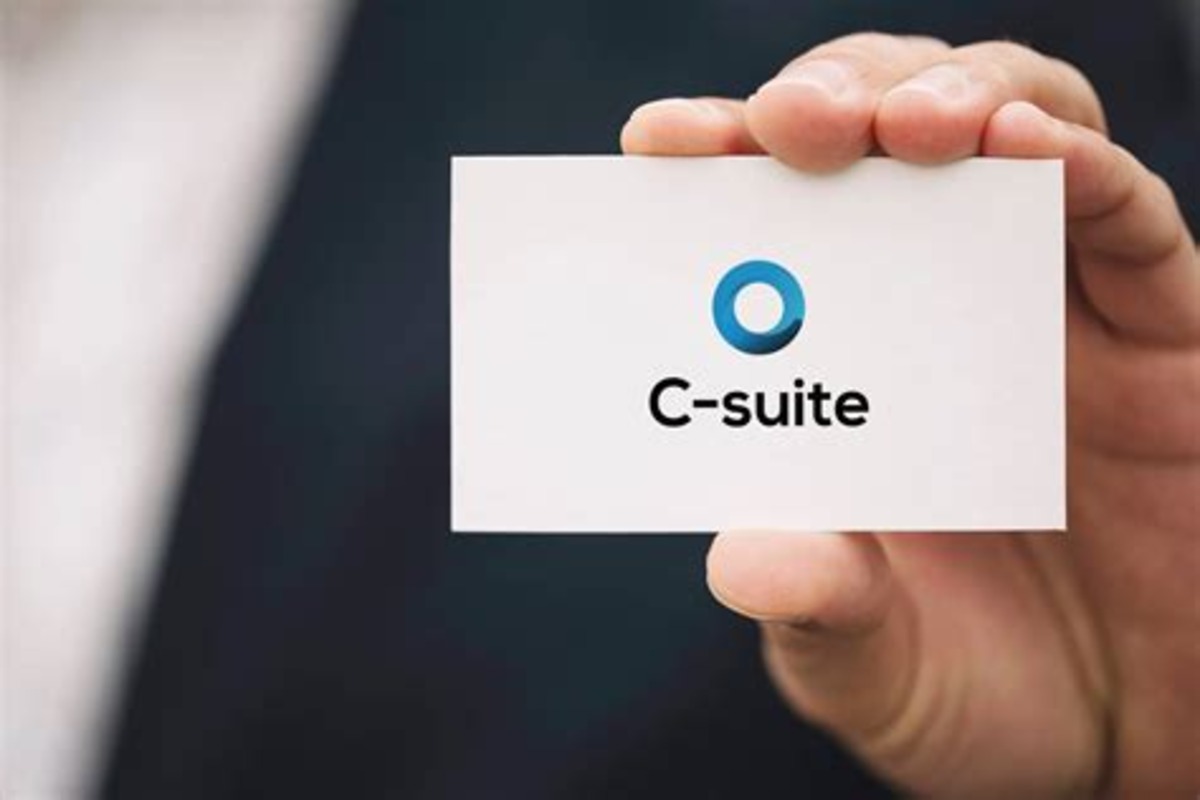
How to Start a Business with Legal And Financial Obligations
May 16, 2023
Taylor Swift Tour: Disentangling the Taylor Quick Visit Odyssey
November 14, 2023How to Secure Business VoIP
Protect your VoIP system by implementing best practices, including information encryption in transit and at rest. Also, invest in a reliable network VPN, buy ransomware protection software, and change passwords frequently.
Encryption
Encryption is essential for securing VoIP because it encodes data, making it nearly impossible to read without the right key. This helps protect your privacy from hackers who may be eavesdropping on calls or intercepting voicemails and texts. It’s also required for certain industries, such as healthcare and banking.
Implementing password best practices like requiring lowercase and uppercase letters, numbers, and symbols in passwords can help prevent cyber threats. Using password managers and requiring two-factor authentication for administrative access are other ways to increase security. A firewall is an important aspect of securing your VoIP system because it can recognize VOIP protocols and block malware that could cause sudden slowdowns in performance and decrease call quality. It can also protect you from Distributed Denial of Service (DoS) attacks, which are attempts to interfere with your network’s normal traffic by flooding it with unauthorized data. Ensure your firewalls are updated and configured to recognize VOIP traffic and check the Ooma guide: improving VoIP systems for more information.
Passwords
Many VoIP phones have a web interface to manage account settings, SIP configurations, etc. Unfortunately, these passwords are stored in plain text and can be found using key-cracking software by hackers who don’t even need to be on the LAN. Disabling the web interface on all business VoIP devices is a good way to stop these hackers and protect your company’s sensitive data. Passwords must be strong and complex, combining lower and upper case letters, numbers, and symbols. Users should be encouraged to use a password manager to keep their accounts safe and should change their passwords regularly.
Firewalls
Firewalls are a must for VoIP phone systems. They create virtual tunnels for sending and receiving data and securing access to your onsite networks. Remote workers can also prevent cyberattacks from corrupting your VoIP data networks through voice packets (which have more information than regular data packets). A firewall can detect and control data flow to prevent man-in-the-middle attacks and other common hacking techniques. It can also block spam calls that disrupt your business operations. Reputable VoIP providers use hardware firewalls that maintain performance and logical call routing. They also use Session Border Controllers to protect against network security threats like DDoS attacks and SIP/RTP packet sniffing. A good provider also offers detailed call logs that allow you to monitor VoIP usage and identify anomalies. You can also set up geo limits for international calling to limit hackers’ ability to infiltrate your network. Lastly, ensure your team knows the importance of password security and other best practices to prevent hacks.



